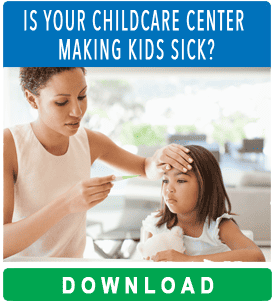Originally Published by the University of Virginia
There’s a chill in the air, students are back in school and summer’s colors are fading: Cold and flu season is nearly upon us.
For the last three years, health care providers have warned of a “tripledemic,” during which rising cases of COVID-19, the flu and respiratory syncytial virus, or RSV, potentially burden already-beleaguered health systems.
But there are ways to keep yourself healthy this cold and flu season. UVA Today reached out to University of Virginia nursing professor and family nurse practitioner Jeanne Alhusen for tips on preventing illness and telling the difference between COVID, the flu, RSV and other common viruses.
Q. What illnesses should people be concerned about this fall and winter?
A. The flu, COVID-19, respiratory syncytial virus or RSV, the common cold, norovirus or the stomach flu, and pneumonia.
Q. Are we going to have a tripledemic?
A. A tripledemic refers to the simultaneous surge of three respiratory illnesses: COVID-19, influenza (flu), and respiratory syncytial virus (RSV), which occurred during the fall and winter of 2022-2023. This created a significant strain on health care systems due to overlapping waves of infections. Concerns about another tripledemic arise as we approach the fall and winter seasons.
COVID-19 remains a concern, particularly as new variants continue to emerge. Vaccination rates, updated boosters and immunity levels from previous infections will influence how much COVID-19 circulates this season.
The flu tends to be seasonal, with peak activity during fall and winter. Experts encourage people to get their annual flu vaccine to reduce its impact. The Southern Hemisphere’s flu season (which occurs before the Northern Hemisphere’s) often provides clues about what to expect, and some reports have suggested higher flu activity this year.
But we have increased vaccination options this year. Alongside flu vaccines and COVID-19 boosters, new RSV vaccines have been approved for older adults, and monoclonal antibody treatments for infants have been made available. These could reduce the severity and spread of RSV. There’s a greater focus on personal protective measures (e.g., hand hygiene, masks, staying home when sick) as people are more aware of how respiratory infections spread.
While there is a potential for another tripledemic, the situation may not be as severe as last year. However, the overlap of these viruses still presents a significant public health challenge. It’s important to stay vigilant, get vaccinated and follow public health guidance to help mitigate the spread of these illnesses.
>>CLICK HERE to Read the Full Q&A Interview on News.Virginia.edu





